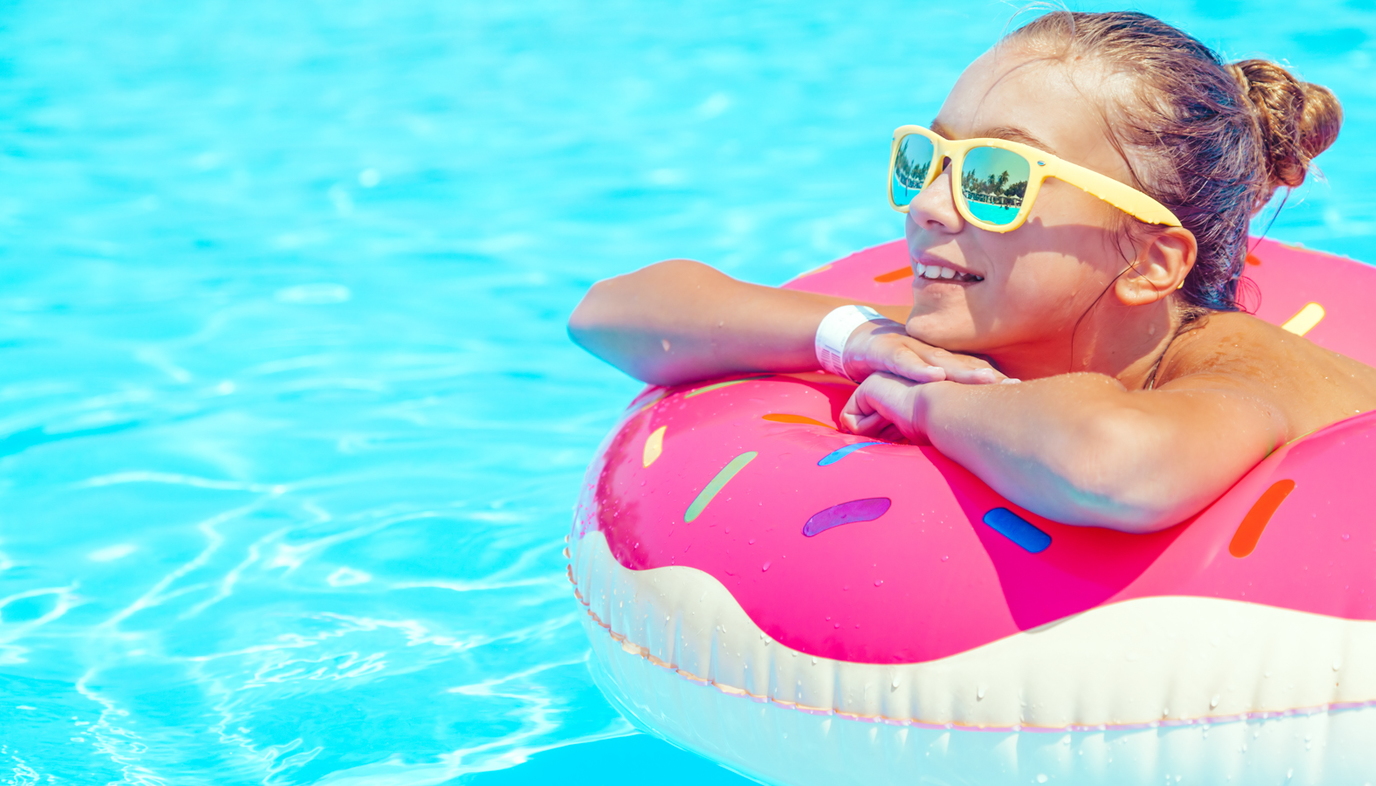
When school got out for the summer, did you worry that your child might forget part of what was learned during the academic year? Once school is back in session after a free summer, what is the verdict--has your child lost some of the learning milestones he or she had reached the previous year?
Summer is traditionally a time of freedom and exploration. It can also be a time to continue studying to maintain skills gained during the academic year. But what if a student doesn't study or receive tutoring over the summer? Is this a problem? Some educators argue that students must continue regular studies throughout the year to prevent learning loss, while others encourage kids to relax and try some new and different learning activities during the summer.
Here are facts, solutions, and ideas to help you manage your child's future summer opportunities (and your peace of mind).

Get the Facts: How Summer Break Affects Learning
Studies suggest that kids and teens experience learning loss when they don't continue with some type of educational endeavor in the summer months. Research occurring for the past century shows that students get lower test scores at the end of the summer than they receive at the start. Here are some facts to consider:
Math and science are subjects most impacted by brain drain during summer when students don't spend those three months reviewing or continuing their learning.
According to the National Summer Learning Association (2009), learning forgetfulness is more significant for youth in low-income areas. Children in disadvantaged families fall the equivalent of three grades behind students from higher-income families in the summer.
The achievement gap between low-income and higher-income students widens over time, and the loss of learning over the summer can add to this gap.
Did you know that non-profit organizations such as the YMCA and National Summer Learning Association offer programs to help low-income kids stay academically engaged in the summertime, which helps close the achievement gap?
Why the Type of Summer Learning Matters
There is mounting evidence that students benefit from continued practice in reading, writing, and arithmetic over the summer months. A study in 2012 of summer learning programs in Fresno, Los Angeles, and Sacramento revealed the following:
Students who took part in these programs improved their grade levels in vocabulary by more than one-third on the San Diego Quick Assessment.
Parents said that the programs helped kids get ready for the transition from grammar school to junior high - a period when many students "disengage from school."
The program participants showed high, continual attendance rates, a quality critical for success in school.
These programs were not like your typical "remedial" summer school. Instead, they included both academics and creative opportunities that had a positive effect on the participants. While such programs can boost learning, it's truly the balance of academics and fun that has the greatest impact.
More Solutions to Summer Learning Loss
Another way to avert "summer brain drain" may be to think outside of the box. Summer learning really can go beyond traditional studying. For instance, teachers in Finland make it their business to help kids figure out how to learn.
Specialized summer programs can serve as an effective intervention for those in need of extra help, enrichment, or academic acceleration.
Lengthening the school year has been discussed in many school districts across the United States, with the possibility of making changes in curricula to have a more positive impact on learning.
It also comes down to helping your child get involved in summer learning opportunities. If he or she is given the chance to do something that fulfills an interest or passion (like building a model boat, training for a race, or participating in a summer science program), then other skills can be developed. It's what you and your child do with what you have available that makes the difference!

